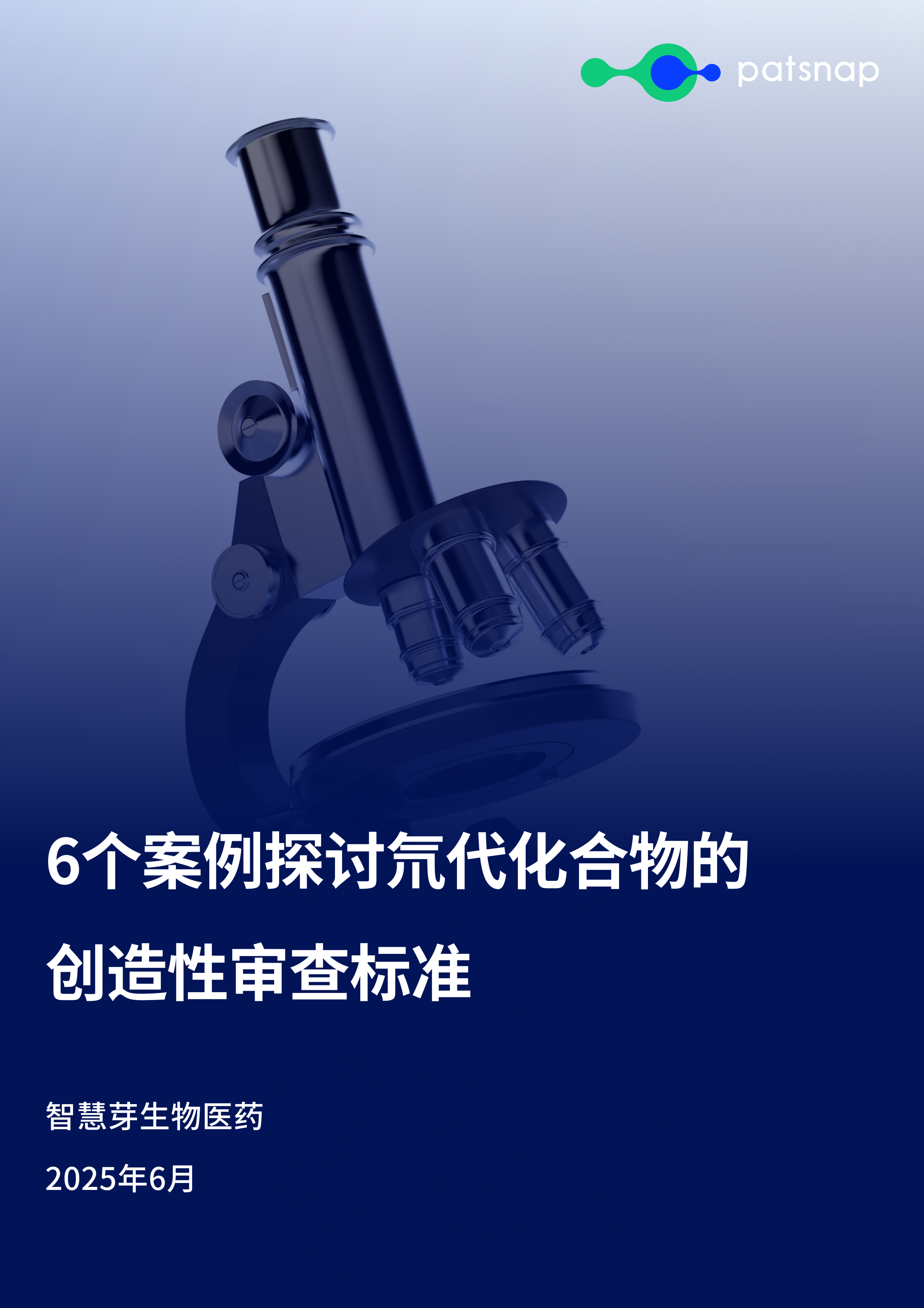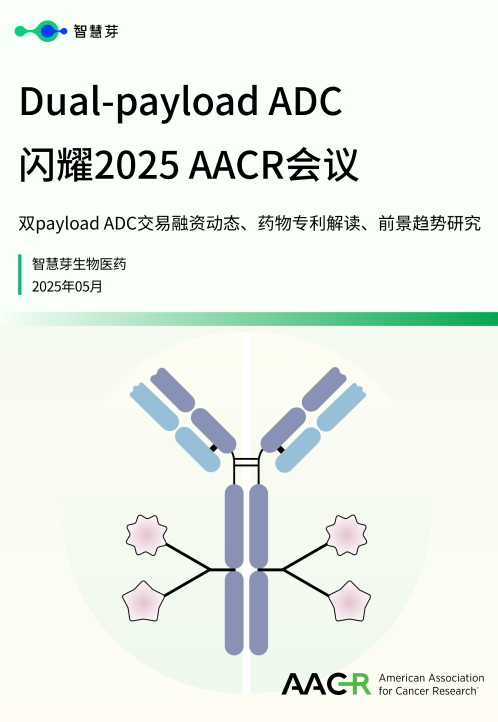预约演示
LENZ eyes mid-year FDA filing for presbyopia treatment
2024-04-03
临床结果临床3期申请上市
Shares of LENZ Therapeutics were up as much as 17% on Wednesday – though they ended the day flat – after the company reported positive data for its experimental drugs, LNZ100 and LNZ101, to treat age-related loss of near vision. Both aceclidine-based eye drops succeeded in the Phase III CLARITY studies, but LENZ has picked LNZ100 as the candidate it intends to seek US approval for this year.
"Based on these highly encouraging data, we will direct our focus towards our NDA submission in mid-2024 for LNZ100, and preparations for commercialisation in the second half of 2025 upon FDA approval, with the goal of moving closer to helping many of the 128 million people experiencing symptoms of presbyopia in the US," said chief executive Eef Schimmelpennink.
The positive readout comes on the heels of its completed merger with gene editing biotech Graphite Bio and debut as a publicly listed company last month.
LNZ100 and LNZ101 are single-use, once-daily eye drop formulations that include aceclidine and aceclidine plus brimonidine, respectively. Aceclidine works by activating muscarinic receptors and is already used in eye drops for open-angle glaucoma, while brimonidine is an α₂ agonist given to treat open-angle glaucoma and ocular hypertension.
Efficacy goals met
The CLARITY programme comprised two six-week efficacy trials, dubbed CLARITY 1 and 2, and a six-month safety study called CLARITY 3. It enrolled a total of 1059 participants ages 45 to 75 with a refractive range of -4.0D SE to +1.0D SE, including people who previously had LASIK surgery or are pseudophakes.
In both the vehicle-controlled CLARITY 2 trial and the brimonidine-controlled CLARITY 1 trial, LNZ100 achieved the primary endpoint of at least a three-line improvement in near vision, without losing one line of distance vision, at 3 hours post-treatment. Statistically significant improvements were also seen on key secondary measures such as rapid onset and long duration of effect.
Specifically, in the CLARITY 2 study, 71% of participants dosed with LNZ100 achieved three-lines or greater improvement in near vision at 30 minutes, demonstrating rapid onset. At the primary 3-hour timepoint, the same percentage had three-lines or more improvement, while 40% maintained this level of benefit at 10 hours after treatment, indicating a long duration of effect.
In CLARITY 1, those rates were 72%, 64% and 27%, respectively, at the half-hour, 3-hour and 10-hour timepoints.
LNZ101 left behind
LENZ said the near vision improvement was "reproducible and consistent" across both studies throughout the four-week study periods. Moreover, LNZ100 also showed significant improvement in distance vision in normal light and no negative impact on distance vision in low light at all time points. LNZ101 had similar results, including achieving primary and secondary endpoints in both CLARITY 1 and 2, but did not show superiority to LNZ100, hence the reason why LENZ is advancing the latter candidate.
Meanwhile, LNZ100 was well-tolerated, with no treatment-related serious adverse events observed in over 30,000 treatment days across all three CLARITY trials. Some of the more common side effects were installation-site irritation, visual impairment, hyperaemia, and headaches, which were predominantly mild and transient.
更多内容,请访问原始网站
文中所述内容并不反映新药情报库及其所属公司任何意见及观点,如有版权侵扰或错误之处,请及时联系我们,我们会在24小时内配合处理。
靶点
-Eureka LS:
全新生物医药AI Agent 覆盖科研全链路,让突破性发现快人一步
立即开始免费试用!
智慧芽新药情报库是智慧芽专为生命科学人士构建的基于AI的创新药情报平台,助您全方位提升您的研发与决策效率。
立即开始数据试用!
智慧芽新药库数据也通过智慧芽数据服务平台,以API或者数据包形式对外开放,助您更加充分利用智慧芽新药情报信息。





